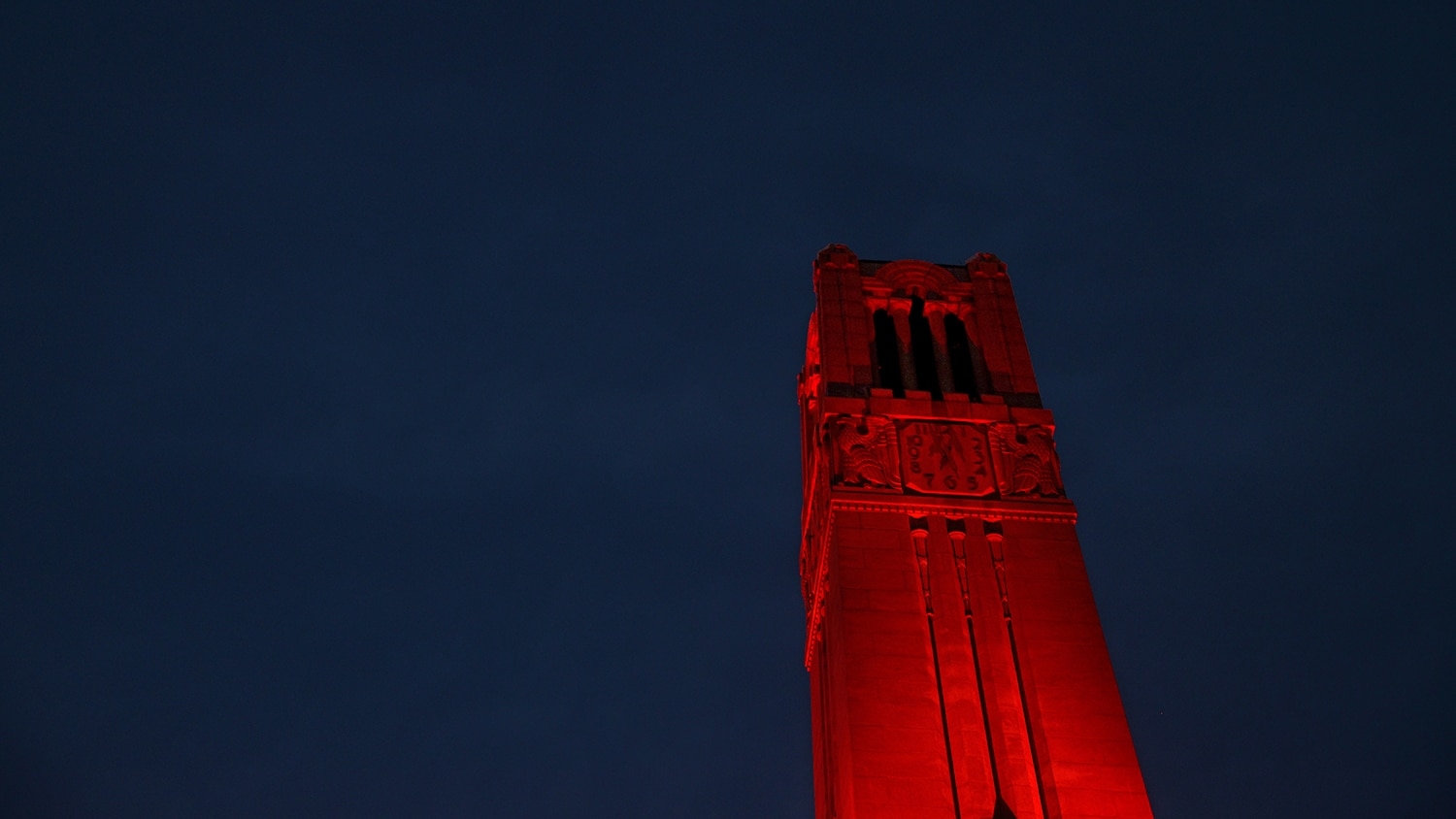When is a ball a ball?
Ever wonder why a pitch is called a “strike” against one hitter, and a “ball” against the next? Many baseball fans have long suspected home-plate umpires of bending the rules of the strike zone. But new research from NC State is putting hard numbers behind fans’ hardball assumptions.
“Have you watched a game, saw a pitch and just knew the umpire got the call wrong?” asked Dr. Jason Osborne, an associate professor of statistics. “That’s where we started — and i was amazed to discover how much information is available after a game to see for ourselves.”
Osborne and a colleague in the Department of Statistics, Assistant professor, Justin Post, wanted to take a closer look at the numbers. They downloaded PITCHf/x data from 2010, 2011 and 2012 — it’s the same data powering those flashy “pitch tracker” graphics during live broadcasts — and examined several factors such as pitch type, velocity, distance off the edge of the plate and whether the hitter was left- or right-handed.
Umpires are notorious for having their “own” strike zones, so Post and Osborne weren’t too surprised to find the numbers proved fans’ suspicions true. But both researchers were disturbed to discover that umpires have a much wider strike zone for lefties than for righties.
More than half the time, a four-seam fastball two inches off the plate was mistakenly called a strike against a left-handed hitter. It’s a call umpires got wrong for right-handed hitters less than a third of the time.
The research also showed umpires were most likely to expand their strike zones and wrongly call a ball a strike — against all hitters — during the ninth inning.
“We have no way to assess if umpires wanted the game to end quickly so they could go home,” Osborne joked. “But it certainly appears that way!”
Post and Osborne presented their findings in September 2013 during the New England Symposium on Statistics in Sports.
While the researchers both want to see umpires improve and call a more consistent and symmetrical strike zone, they stress the “boys in blue” are doing a good job overall.
“We’re not picking on them,” Post said. “As a fan, I actually don’t mind too much. I like that the human element is part of the game.”
- Categories:


